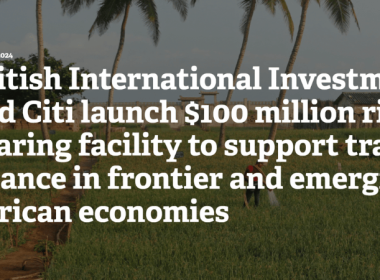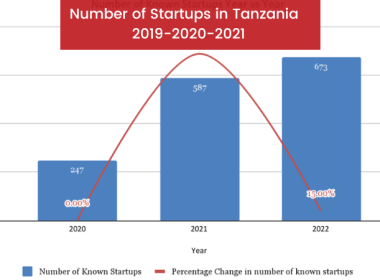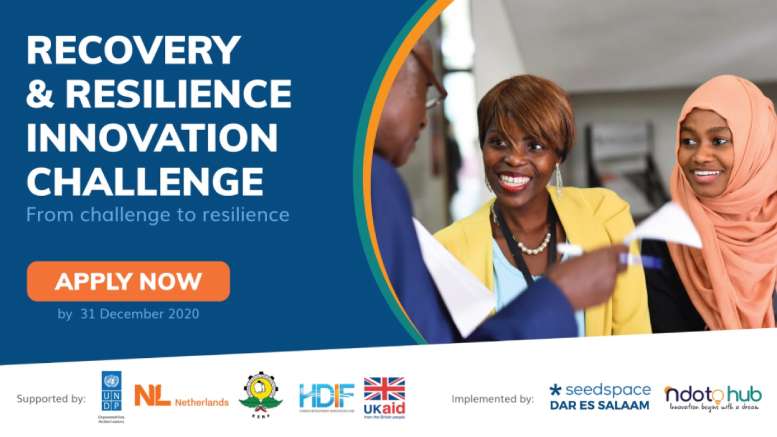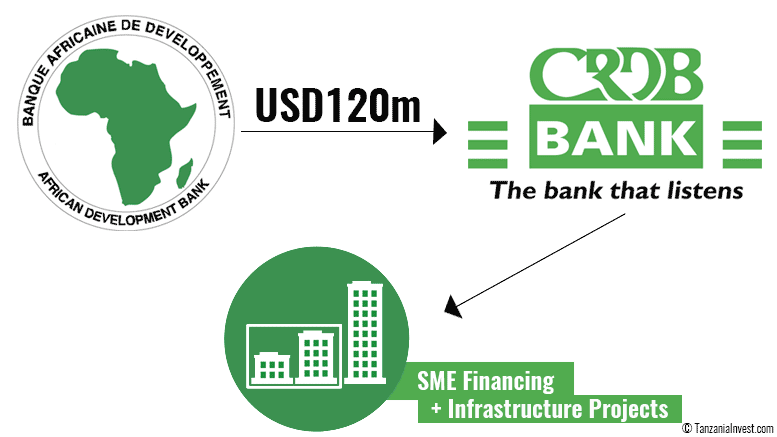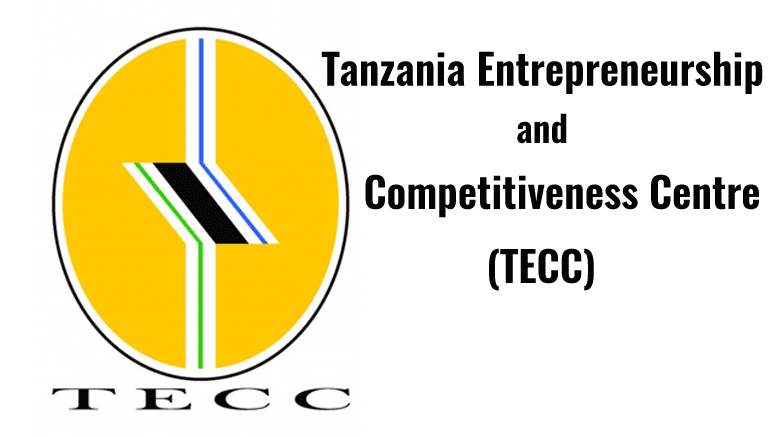SMEs
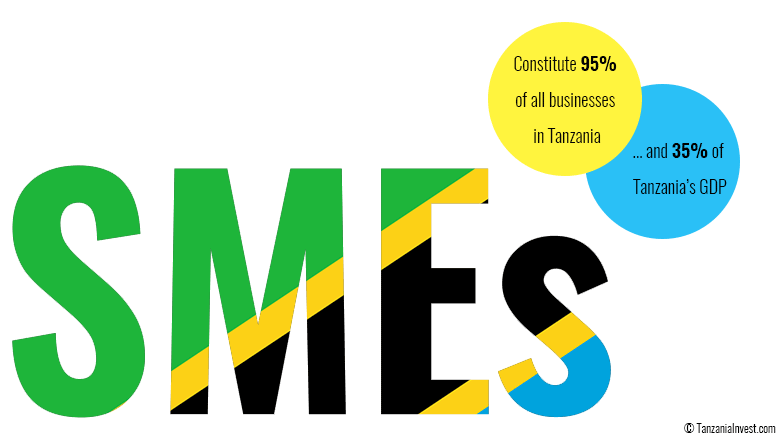 Tanzania’s Small and Medium Enterprises (SMEs)
Tanzania’s Small and Medium Enterprises (SMEs)
Tanzania’s SME sector consists of over 3 million enterprises. SMEs contribute 27-35% of Tanzania’s overall GDP. About 90% or more of businesses in Tanzania are SMEs. They employ more than 5 million people in Tanzania.
Most SMEs in Tanzania are in the agricultural sector. Over half of SMEs are owned by women. The sector is dominated by micro and small enterprises, with very few medium-sized firms. About 98% are micro enterprises employing less than 5 people. Around 66% of micro and small enterprises have an annual turnover of less than USD 2,000.
Tanzanian SMEs face limited access to finance and credit, unfavorable legal frameworks, underdeveloped infrastructure, poor business development services, low education and skills, lack of managerial and marketing capabilities, and challenges in obtaining legal status.
They also struggle to secure bank loans due to high interest rates, insufficient collateral, short repayment terms, and limited loan information.
The Tanzanian government has implemented various policies and initiatives for SMEs, recognizing their crucial role in the country’s economic development.
The SME Development Policy, outlined in Tanzania’s Development Vision 2025, prioritizes SME growth as a key strategy for economic advancement and poverty reduction. A significant step was the establishment of the Small Industries Development Organisation (SIDO) in 1973, which has been instrumental in providing services and support to small industries, including setting up training centers and offering hire purchase programs for equipment.
Financial support has been a major focus, with the government signing agreements with commercial banks to provide substantial empowerment loans to Micro, Small, and Medium Entrepreneurs. This initiative aims to ensure that intended beneficiaries receive the necessary assistance. The government has also been working on improving the legal and regulatory framework to create a more favorable environment for SMEs.
Collaboration with international partners has been crucial, as evidenced by the European Union’s grant and the European Investment Bank’s commitment to provide loans to Tanzanian banks for SME support. The government’s initiatives particularly target underserved groups such as startups, youth-led, and women-led businesses. Additionally, the Capital Markets and Securities Authority is developing new regulations to facilitate SMEs’ access to venture capital and private equity funding.
The government is also focusing on supporting SMEs in specific sectors, such as the blue economy in Zanzibar.
Last Updated: 25th October 2024






